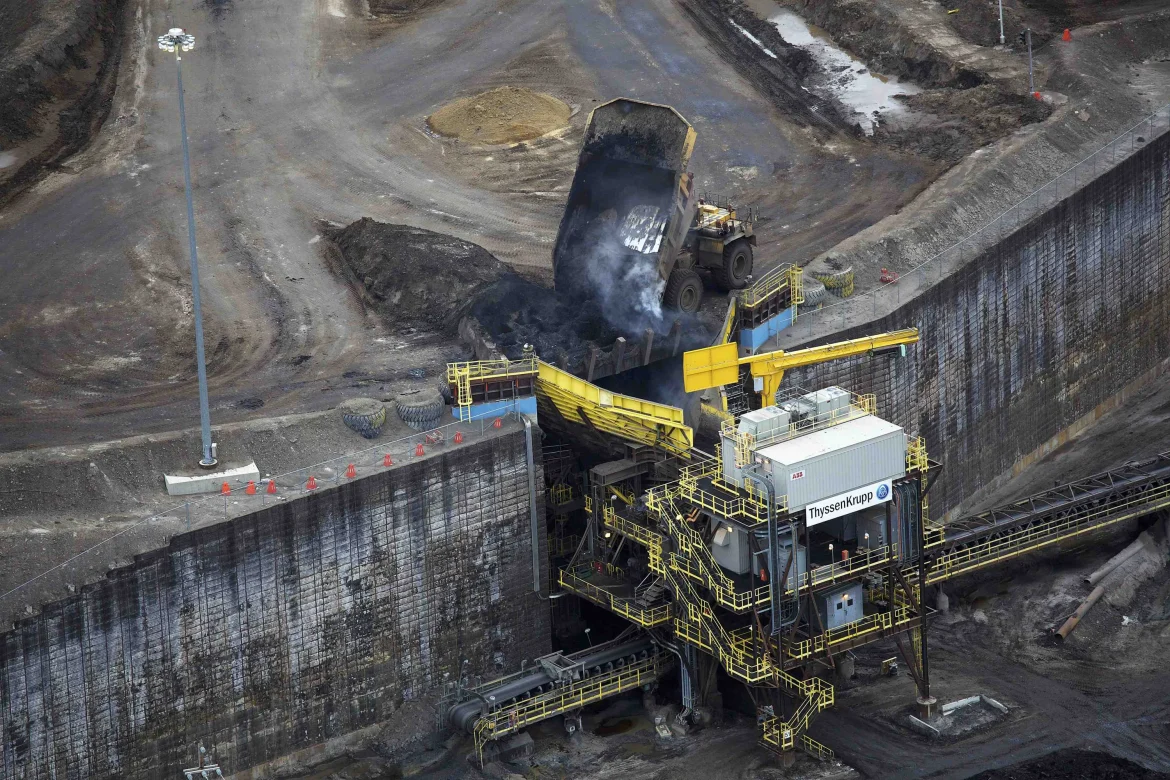James Cameron denied rumors about his participation in the movie about the sunken bathyscaphe. The famous director, famous for his work on the films “Titanic” and “Avatar”, made an official statement in which he dispelled all speculation on the subject.
Cameron noted that rumors of his participation in the project appeared after he expressed his concerns about the safety of underwater research and the use of bathyscaphes. In particular, his comments referred to recent incidents involving submersibles that drew public attention and sparked a wave of discussion.
“I respect people’s interest in underwater exploration and the tragedies associated with it, but I have no plans to make a movie about a sunken bathyscaphe,” Cameron said. He emphasized that his current projects are focused on the sequels of “Avatar”, which require a lot of attention and time.






